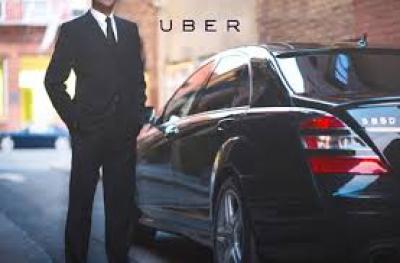Millennial business travellers will expect the convenience of on-demand travel services in their work lives, the head of Uber for Business has said.
Travis Bogard, global head of Uber Enterprise, said 80% of business travellers are now millennials, who are increasingly using ride haling apps including Uber instead of buying cars because of their price and efficiency.
“What we’ve already seen with the consumerisation of IT is that expectation of personal life translates into your expectation of work and your business experience,” he said.
Speaking at the Business Travel Show in London yesterday, Bogard said technology could also improve visibility, streamline expensing and improve safety.
Ground transport often makes up half of the line items on expense reports but accounts for only 8% of spend, “a disproportionate amount of time” for a small amount of money he said. “On average its about £46 of money and 20 minutes of time to process an expense report. And one in five of those expense reports gets pushed back... Companies need to think how to streamline that process for employees, they need a more streamlined expense reporting process.”
Mobile technologies, like the services Uber provides, can allow travel bills to be paid directly by a company or can send digital receipts directly to expenses systems. “We’ve all but removed that friction and exhaustive process of submitting expenses,” he said.
Mobile apps can also help improve compliance by integrating the travel policy into the booking experience, said Bogard. “At the time of requesting it, it tells [travellers], ‘If you’re going to try and request a black [luxury] car right now, you’re going to have to put it on your personal card, you can’t put it on the business one’. You can actually bring that policy to the point of making the decision, so you’re no longer dealing with this at the back office after the money’s spent.”
As well as improving visibility on spend, Bogard claimed the live data Uber provided could improve security by providing employers with detailed information, such as where their employees are and who is driving them, as opposed to what he called “static” data, such as flight details or hotel bookings.
On the future of driverless cars, however, Bogard said the technology would “take longer than most people believe or talk about today”. “I think the reality is we’re talking a way away from that world of transition, and I think what we want to do with that time period is think about how we’re going to make a graceful transition.”
In the short term, he sees the demand for more drivers and vehicles “well outpacing beyond what self driving will actually be able to deliver”.
| A SupplyManagement release | February 27, 2017 ||





